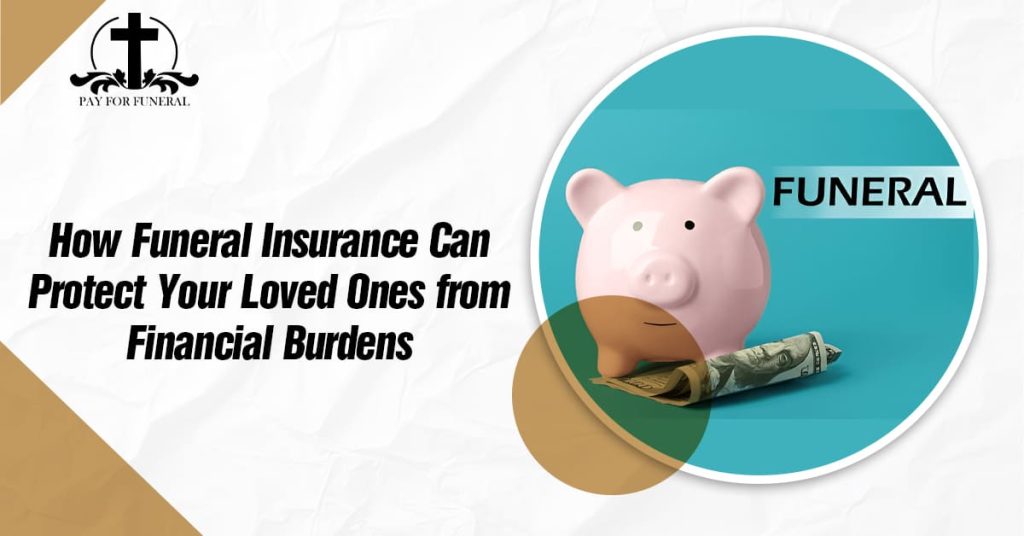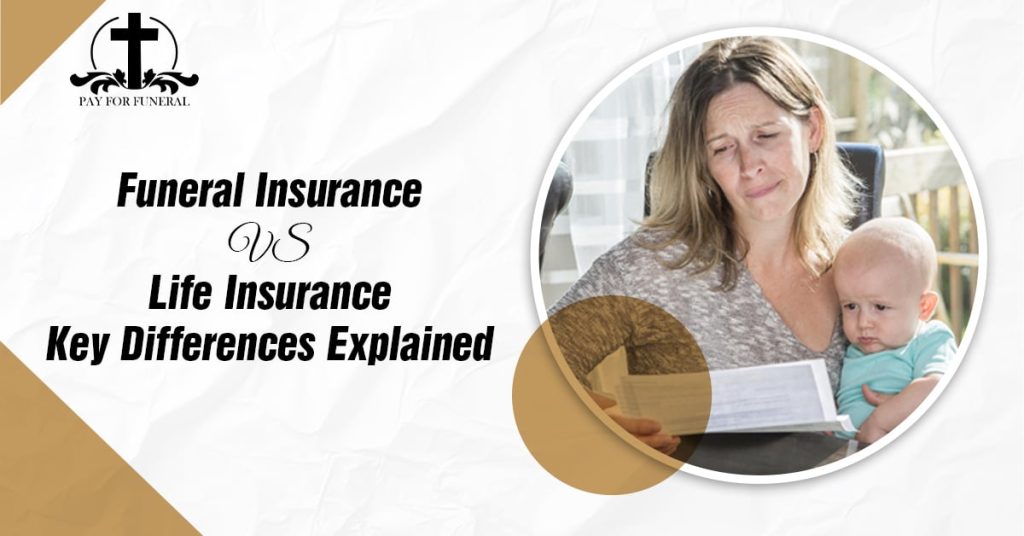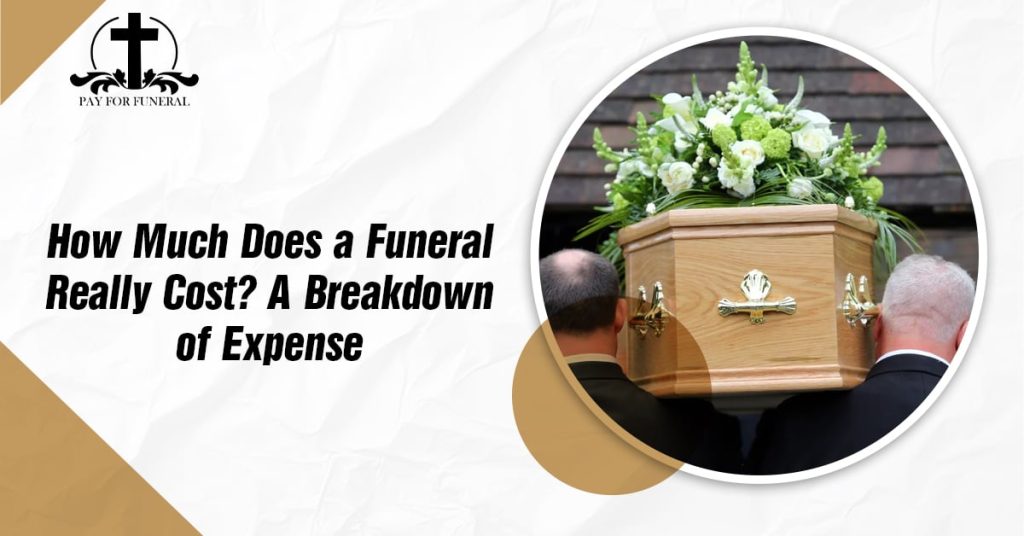Introduction
The expense of funeral arrangements remains a crucial issue that most people fail to plan for in their future. The expenses of funeral arrangements tend to be high which makes it essential to avoid burdening your family with additional financial strain after death. Funeral insurance provides the solution to this problem.
Funeral insurance functions as a financing system which pays for funeral arrangements and their connected expenses. This guide will present an explanation of funeral insurance with details about its operation and advantages followed by descriptions of available policy types and selection factors along with solutions to frequent questions.
What Is Funeral Insurance?
Funeral insurance operates under three names: burial insurance and final expense insurance and provides payment when someone dies to cover funeral expenses as well as other death-related costs. The policy gives your beneficiaries a single payment that enables them to pay for funeral arrangements and cremation procedures as well as burial services and other funeral costs upon your death.
The insurance serves its purpose best for people who prefer their family members to avoid future financial difficulties after death. The coverage allows family members to avoid debt from funeral costs during the time of death. The payout amount from funeral insurance ranges between $5,000 and $25,000 while its qualification process remains simpler than that of traditional life insurance policies.
How Does Funeral Insurance Work?
The operation of funeral insurance follows standard life insurance principles yet emphasizes paying funeral costs specifically. Here’s how it works:
1. Choose a Policy
You choose a funeral insurance plan from available options which meets your financial requirements and desired coverage. People can choose between pre-need funeral insurance and final expense insurance among several available policy options.
2. Pay Premiums
Active policy status depends on your regular premium payments made through monthly or yearly intervals. The premiums you pay to maintain your policy depend on your selected coverage level and your age along with your health condition.
3. Beneficiary Receives Payout
Your chosen beneficiary obtains a single payment from the insurance provider after your death. The person who inherits your insurance payout can be any individual that you choose to be your beneficiary.
4. Use of Funds
The death benefit payout from funeral insurance allows your designated beneficiary to handle expenses including funeral costs and medical bills and debt payments and additional costs as they choose. The insurance payout offers financial assistance which allows people to arrange funerals without experiencing unnecessary stress.
The processing of funeral insurance payouts occurs swiftly which allows beneficiaries to cover funeral costs promptly.
Why Do You Need Funeral Insurance?
Life insurance proves insufficient to handle funeral expenses according to popular belief while funeral insurance stands as a superior alternative for multiple reasons.
- Immediate Financial Relief: The payment process for life insurance benefits extends over an extended period but funeral insurance releases funds rapidly to assist family members with immediate funeral costs.
- Affordable Coverage: The limited coverage benefits of funeral insurance enable it to offer lower premium rates when compared to standard life insurance policies.
- No Medical Exam Required: People with health conditions can access funeral insurance policies because these policies do not need medical examinations.
- Ensures Proper Funeral Arrangements: A dedicated insurance policy will let your family carry out your funeral wishes without causing them financial distress.
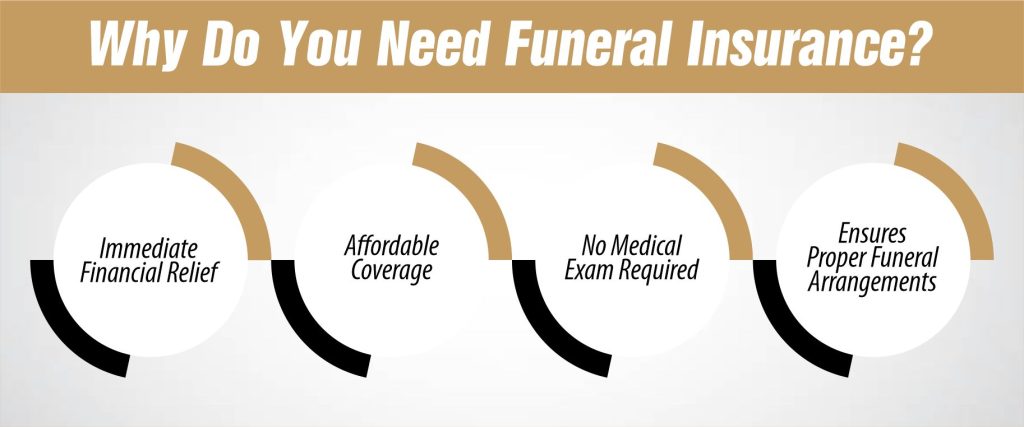
Benefits of Funeral Insurance
1. Financial Relief for Loved Ones
Your family members will not face any financial strain from your funeral costs through funeral insurance.
2. Affordable Premiums
The monthly premiums from most funeral insurance plans remain affordable enough for budgeting purposes.
3. Easy Approval Process
Funeral insurance policies do not need medical examinations which enables easier approval particularly for elderly people or those with existing health problems.
4. Quick Payouts
Funeral insurance benefits process rapidly which allows families to pay funeral costs immediately.
5. Flexible Coverage
A life insurance policy allows beneficiaries to use the funds for burial expenses and cremation costs alongside medical payments and debt repayment.
Types of Funeral Insurance
People can select from various funeral insurance policy options. These are the most typical policies available:
1. Pre-Need Funeral Insurance
- People can buy funeral services directly through funeral establishments.
- The policy includes payment for funeral arrangements including the casket together with service costs and burial expenses
- The funeral provider receives payments directly from customers
- Future rate increases are prevented by today’s pricing which remains fixed.
2. Final Expense Insurance
- Offers a cash payout to beneficiaries
- The funds from this policy can pay for funeral costs together with additional expenses.
- The insurance provides more flexibility than pre-need funeral insurance.
- This insurance type becomes available without needing any medical examination procedure.
3. Guaranteed Issue Funeral Insurance
- No medical exam required
- Higher premiums due to the higher risk for insurers
- Policyholders need to wait during a specified period before receiving all policy benefits
- The product exists for people who already have medical issues.
4. Simplified Issue Funeral Insurance
- The application asks only several health-related questions
- No medical exam needed
- The premiums for these policies are less expensive than guaranteed issue policies.
- The insurance approval process for this policy type finishes more quickly than traditional life insurance procedures.
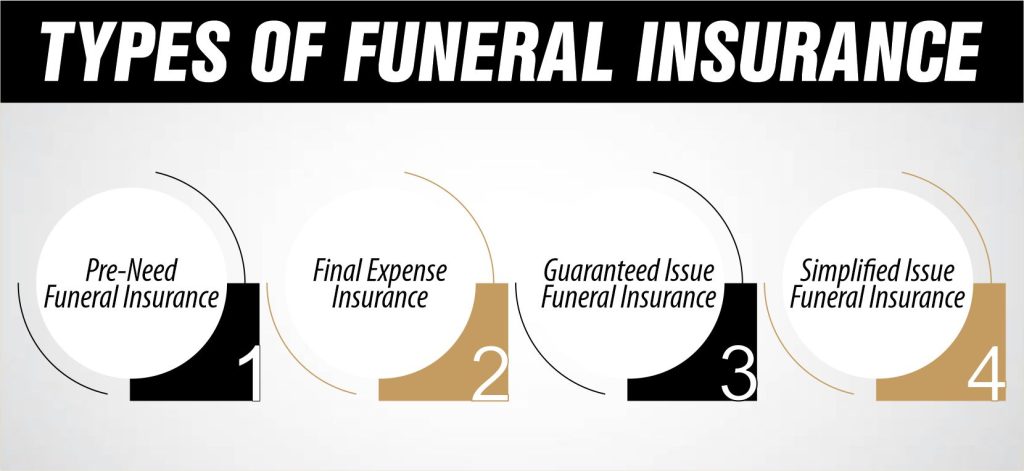
How Much Does Funeral Insurance Cost?
The cost of funeral insurance depends on several factors, including:
- Age: Older individuals generally pay higher premiums.
- Health Condition: Some policies require health information, which can affect the cost.
- Coverage Amount: Higher coverage amounts come with higher premiums.
- Policy Type: Guaranteed issue policies tend to be more expensive than simplified issue policies.
The average cost of funeral insurance premiums falls between $20 to $100 per month based on the factors mentioned above.
How to Choose the Right Funeral Insurance Policy
Review the following points before choosing a funeral insurance policy:
1. Assess Your Needs
- Determine the estimated costs for your funeral arrangements along with other final expenses.
- Your family must determine the necessary amount of coverage they should obtain.
2. Compare Policies
- Look at different providers and their coverage options.
- Compare premium costs and benefits.
3. Check the Fine Print
- Understand any waiting periods before the full payout is available.
- Review any exclusions or limitations.
4. Choose a Reputable Provider
- Read reviews and check the insurer’s financial stability.
- Ensure they have a good reputation for processing claims quickly.
Frequently Asked Questions
1. Is Funeral Insurance the Same as Life Insurance?
No, funeral insurance is a smaller policy designed specifically to cover funeral expenses, while life insurance provides broader financial support to beneficiaries.
2. Can I Buy Funeral Insurance for My Parents?
Yes, you can purchase a policy for your parents as long as you have their consent and provide their necessary information.
3. What Happens If I Stop Paying My Premiums?
If you stop paying premiums, your policy may lapse, and your coverage will end. Some policies have a grace period or allow reinstatement.
4. Does Funeral Insurance Cover All Funeral Costs?
It depends on the coverage amount. If your funeral costs exceed the policy payout, your family will need to cover the remaining expenses.
5. Is There an Age Limit for Funeral Insurance?
Most insurers offer funeral insurance for individuals between 50 and 85 years old, though this can vary.
Conclusion
The financial instrument of funeral insurance protects family members from facing the heavy expenses of funerals after someone passes away. Funeral insurance gives your family a single payment that pays for death expenses so they need not worry about finances while mourning.
The process of understanding funeral insurance policies combined with policy comparison and proper coverage selection allows you to gain peace of mind for both yourself and your family members. Obtain a funeral insurance policy now to create financial stability for your family during your passing.



